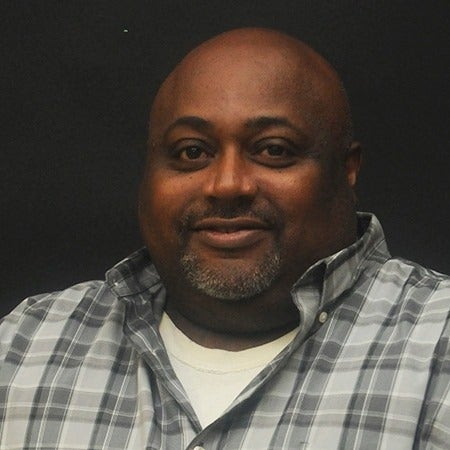Learning a new aspect to civil rights
Published 6:40 pm Wednesday, March 6, 2013
Covering Jubilee this weekend was as exciting as I imagined it would be. With important dignitaries in town on both political lines, as well as our vice president and his daughter, I had a blast snapping paparazzi-like pictures from the press stand on Water Avenue with other reporters.
Our editor told us that this weekend would be a big learning experience like elections were this year and several other events. And it certainly was an educational experience for me — but not educational by means of coverage. I mostly learned about history.
Since I arrived in Selma, and even in history books, I have learned of Alabama’s civil rights history and heard bits and pieces of the Bloody Sunday March. It’s like when you have seen a movie on TV plenty of times but you have never seen it from start to finish and still aren’t totally sure of what happens — I had a general picture of what happened here in Selma during the 1960’s.
But this past weekend changed that for me as I marched across the bridge — or more like ran across the bridge backwards, out of breath, trying to take pictures looking back towards the crowd quickly coming towards me. I did not sing songs or hold hands because I was frantically trying to photograph those who were. But still I came away with a warm and fuzzy feeling after meeting and interviewing both those that participate every year as a family tradition from Selma and those who came from out of town to take part.
But what hurt my feelings was the several comments I saw on our coverage following the event and emails I received reminding me to consider all history and not pick and choose what history to report on. This weekend the nation celebrated along with Selma how far our society has come, but I was reminded through several people that we still have some mending to do with racial ties. I take pride in telling people from out of town that Selma is harmonious and everyone, mostly, gets along across racial lines. This I still feel is true but if we have to keep reminding ourselves to accept “everyone’s” history, then we are failing to move past our past. This implies that there are two histories in Selma celebrated by two different groups of people. I want nothing more than for this to not be the case and for history to be just that — history.
I grew up on a historic civil war battlefield near Kennesaw Mountain and watched Gone With the Wind until I had it memorized. I adore civil war history. But this weekend I recognized that civil rights history could be my history too.
It could be everyone’s once people realize it’s not just someone stirring the pot to make a profit, it’s people trying to remember what hope really feels like.



